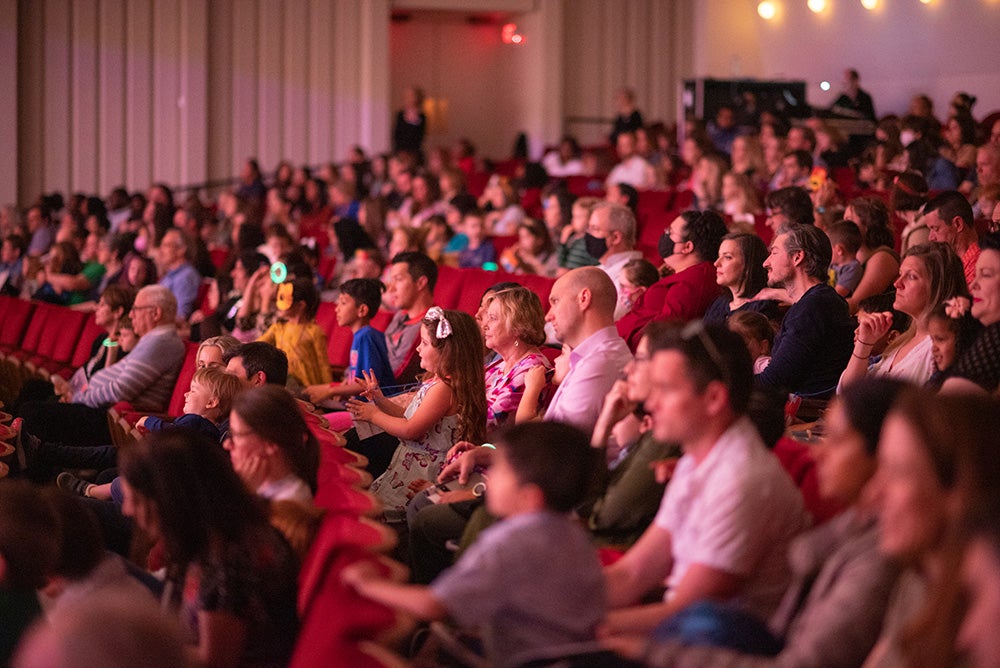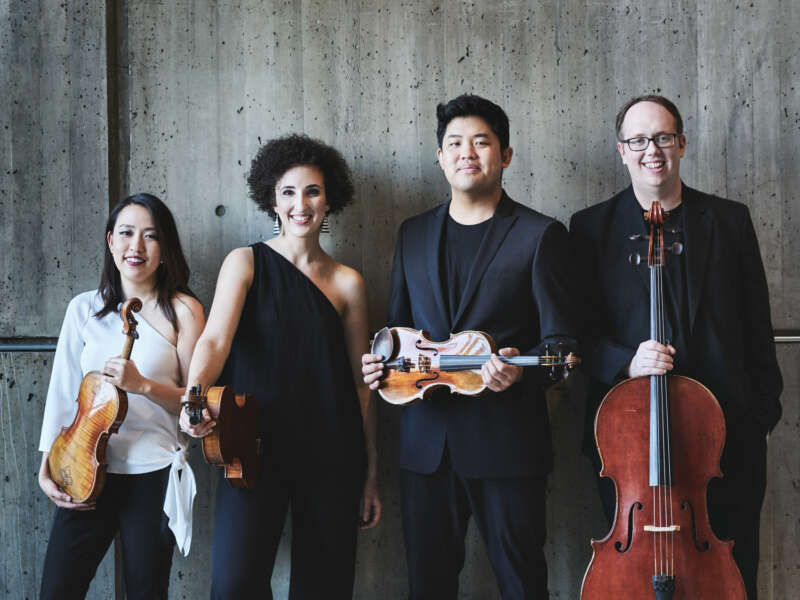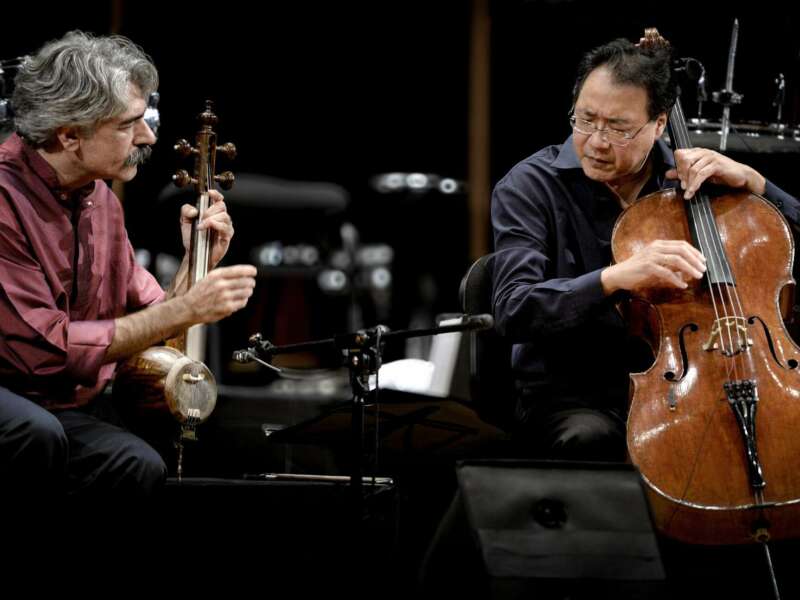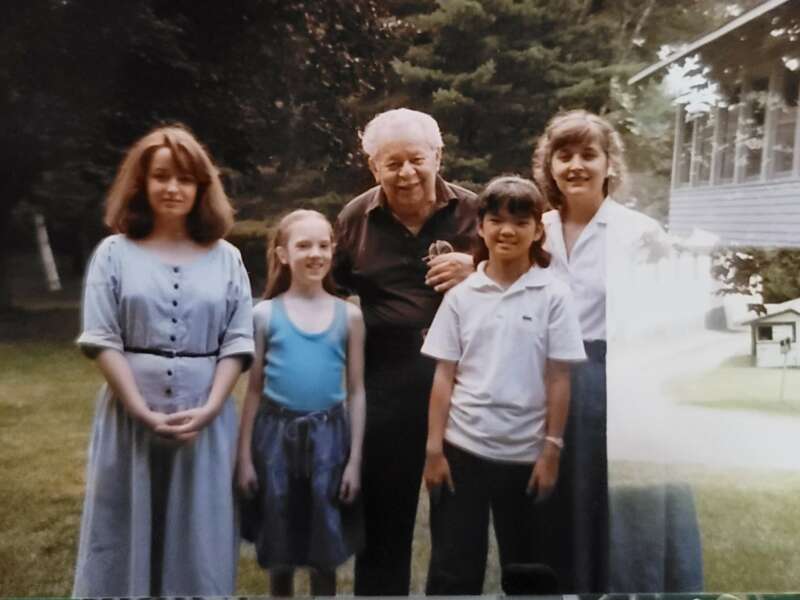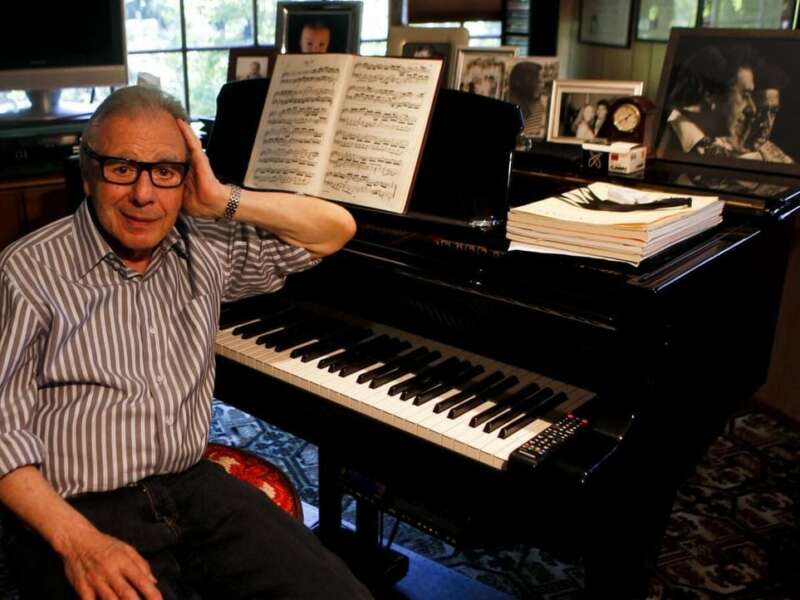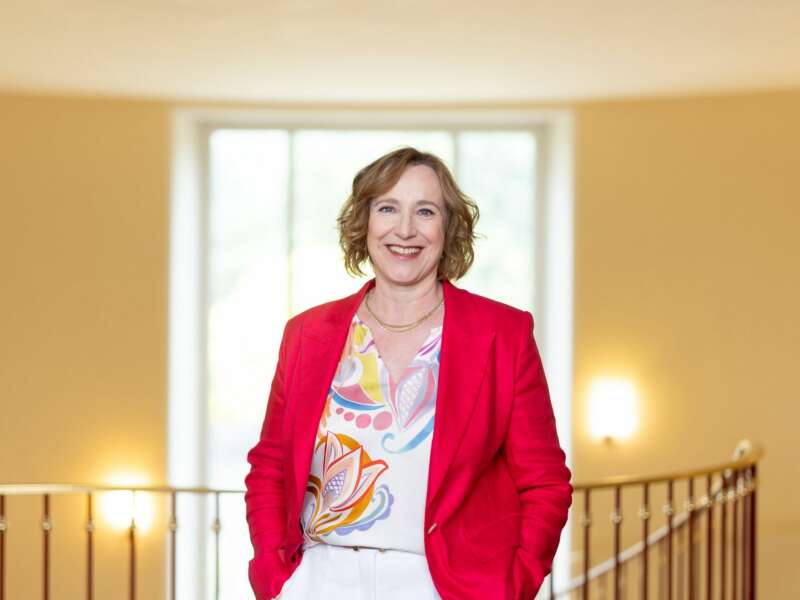New Study Reveals Audience Heartbeats Synchronize During Classical Music Concert
Results from almost 700 participants showed that “physiology throughout audiences was significantly synchronized”
Recently published in scientific reports, the research study “Physiological audience synchrony in classical concerts linked with listeners’ experiences and attitudes” reveals findings from almost 700 audience members who attended a series of 11 public concerts.
Written by Wolfgang Tschacher, Steven Greenwood, Christian Weining, Melanie Wald-Fuhrmann, Chandrasekhar Ramakrishnan, Christoph Seibert, and Martin Tröndle, the paper hypothesized that the music “would induce synchronized physiology, which would be linked to participants’ aesthetic experiences, affect, and personality traits.”
To test their hypothesis, 11 public concerts were organized and presented chamber music by Beethoven, Brahms, and Brett Dean, with the goal to measure how individuals’ physical responses matched those of the collective audience, and to use this information to predict their personality traits.
Physiological measures of the study’s 695 participants, including cardiac, electrodermal, and respiration measures, were recorded during the concerts. The study found that there was synchrony in heart rate and heart rate variability across participants during the concerts.
Book-ending the concerts were questionnaires with self-report scales and standardized measures of participants’ affectivity, personality traits, aesthetic experiences, and listening modes.
Overall, the study found that audiences’ heart rates and other physical responses showed synchrony, but not their breathing behavior. Additionally, audience members who listened to music in an emotional way did not sync with others as effectively, while those who focused on the music’s structure or sound were more likely to display synchrony with the collective.
“Research reveals that our physiological responses, such as heart rate and skin conductance, synchronize with others when we experience music together,” the study explained. “This synchrony is influenced by individual personality traits, with open-minded individuals syncing up more and anxious individuals syncing up less. By understanding this phenomenon, we can unlock new ways to harness the power of music for social bonding and emotional connection.”
june 2025
july 2025


